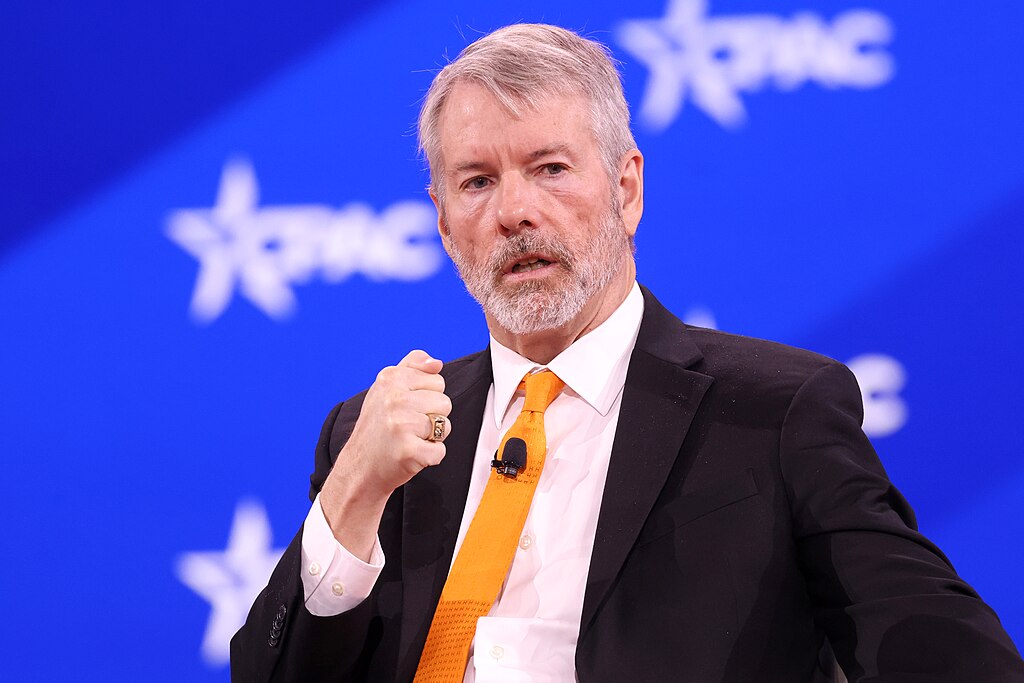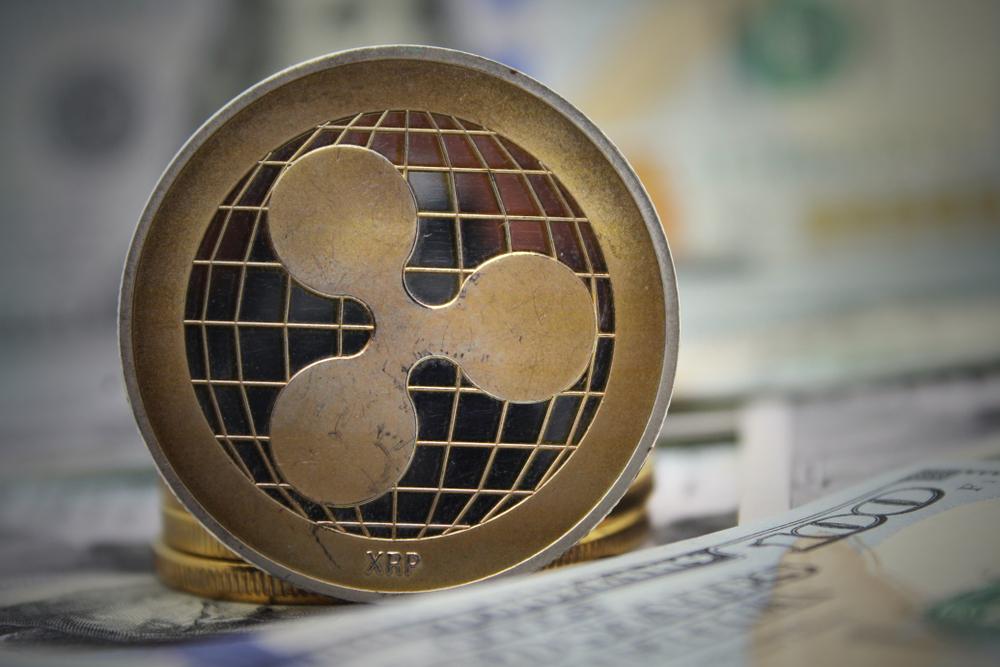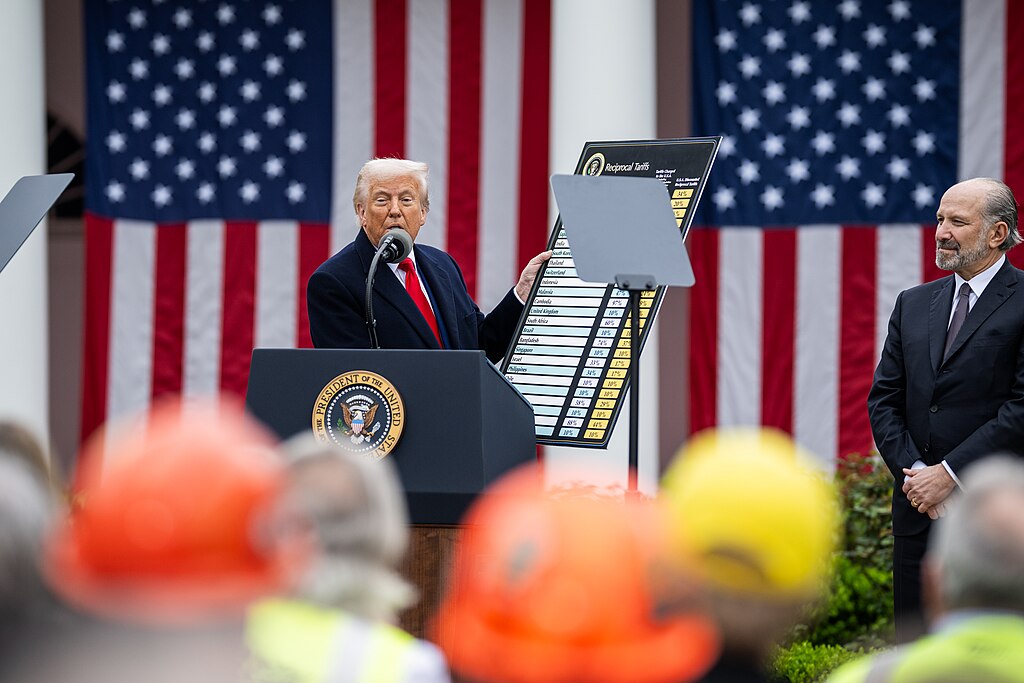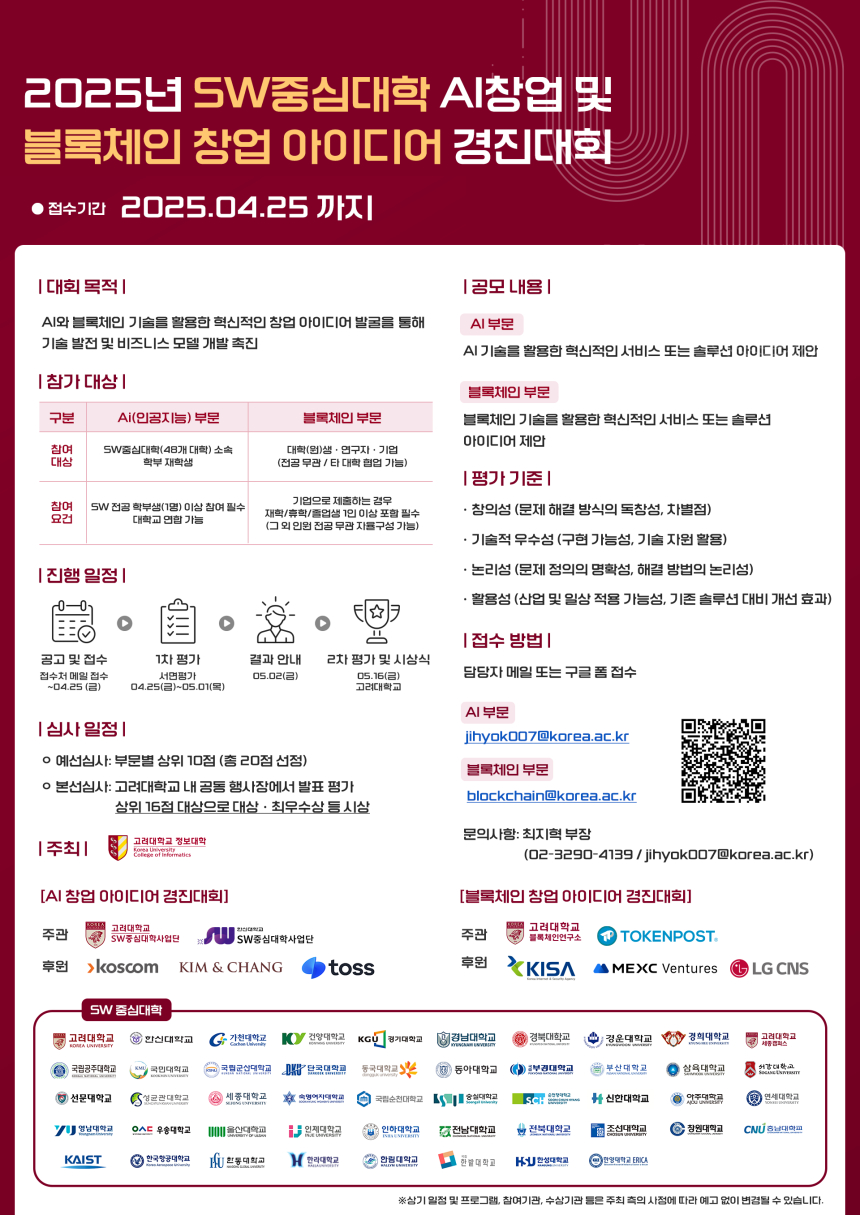Marathon Digital, one of the world's largest Bitcoin mining operations, has announced a collaboration to transform Kenya's renewable energy sector.
Marathon Digital and Kenya’s Ministry of Energy Forge Alliance to Bolster Renewable Energy Sector
Marathon Digital, a Bitcoin mining behemoth, recently partnered with Kenya's Ministry of Energy and Petroleum (MOEP) to expand the country's growing renewable energy sector, as per Cointelegraph.
The collaboration will concentrate on exchanging technical expertise and research, policy ideas, investment strategies, and the creation of key energy infrastructure.
“This agreement with the Ministry of Energy and Petroleum is a pivotal moment for our business as it provides us with a clear framework to pursue opportunities across the Republic of Kenya. It demonstrates the innovative approach that Kenya is taking to optimize their energy usage and to enhance their technological infrastructure,” Marathon Digital CEO Fred Thiel emphasized the benefits of cultivating such a partnership with Kenya's Ministry of Energy and Petroleum following the recently signed collaboration.
Kenya's renewable energy sector generates power for the grid using a combination of wind, solar, hydroelectric, and geothermal energy, with geothermal energy providing the most power to the country's electrical infrastructure.
The ITA also stated that Kenya is one of the world's lowest-cost geothermal energy producers and a strong contender for solar energy generation due to the abundant sunlight the African country receives yearly.
Kenya's Strategic Partnership with Marathon Digital Marks a Shift Amid Regulatory Challenges in Blockchain and Cryptocurrency
MOEP's relationship with Marathon Digital is a remarkable move for Kenya's government, which has been researching ways to control digital assets while remaining wary of adopting novel blockchain and cryptocurrency projects, if not hostile.
Following several government agencies and officials' recommendations, the Kenyan government barred Worldcoin from operating in the country for a year, beginning in September 2023.
The authorities cited privacy concerns, a lack of transparency, and security risks with Worldcoin's collecting of biometric data as the key reasons for the prohibition.
Worldcoin may be able to restart operations in Kenya once the one-year prohibition is removed. Still, it must reapply and receive regulatory approval from Kenya's Capital Markets Authority before doing so again.
Before resuming operations in Kenya, the project must undergo a Data Protection Impact Assessment (DPIA), a state-mandated data security workshop.
Photo: Microsoft Bing


























Comment 0